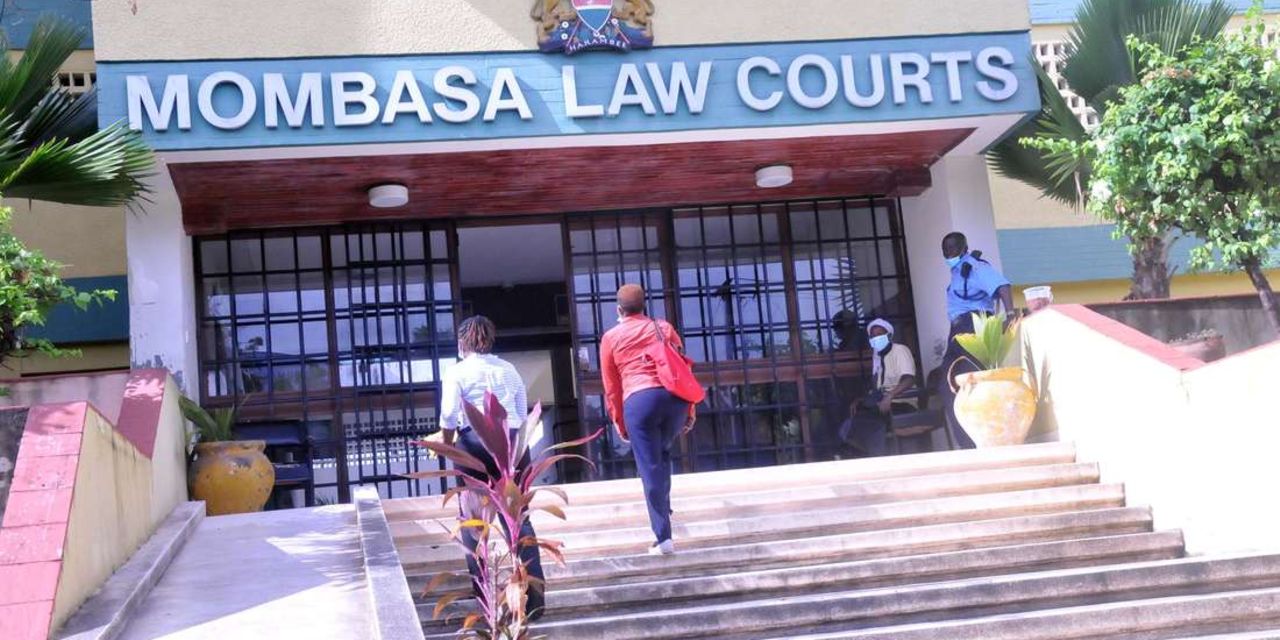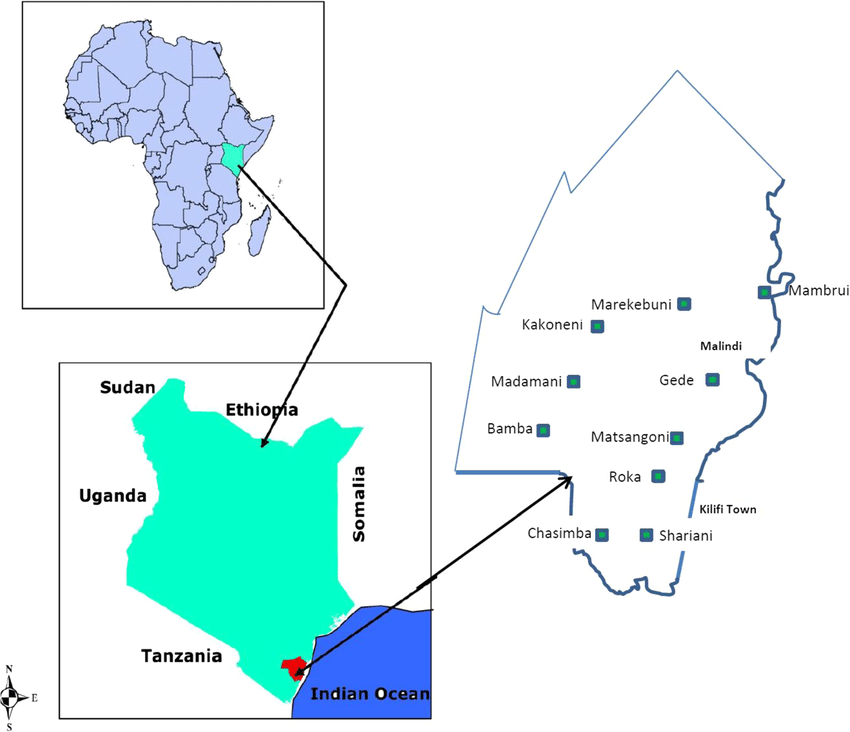The following series of articles I found both interesting and relevant to include here despite their gruesome contents. Introduction under construction (webmaster FVDK)
Please note: Unfortunately, references to links to related articles in the copied article(s) below don/t work. Interested readers are recommended to use the original text, if available.
‘Cleansing’ ceremony to save a ‘bewitched’ woman’s life in Kilifi turns tragic

Published: December 1, 2024
By: Brian Ocharo – Nation, Kenya







Source: ‘Cleansing’ ceremony to save a ‘bewitched’ woman’s life in Kilifi turns tragic
Also read:
The Aged, On Edge – Witchcraft and Abuse of the Elderly in Kilifi and Kwame County (Kenya)
By Fr Gabriel Dolan, ED Haki Yetu, July 2023.
“Haki Yetu which means “Our Rights” in Swahili was created to combat oppression, injustice and promote human rights as a principle for social justice in our communities of interest.” (Source: Haki Yetu, Inc.)
For the readers’ convenience follows the Table of Contents. Interested readers are advised to use the link below to gain access to the document.
Table of Contents
Acknowledgement i
Abbreviations iii
Foreword iv
CHAPTER ONE: INTRODUCTION 1
1.1 Introduction 1
1.2 The concept of witchcraft at the Coast 4
1.2.1 The potency of accusations 6
1.2.2 Oath taking and cleansing rituals 7
CHAPTER TWO: WITCHCRAFT RELATED RIGHTS VIOLATIONS 10
2.1 Introduction 10
2.2 Witchcraft related Homicide 11
2.2.1 Murder trends in Kilifi 13
2.2.2 Murder trends in Kwale 14
2.3 Emerging Trends 16
2.3.1 ‘Bebabeba’ and Rise of the killings 16
2.3.2 ‘Waombezi’ – the prophets of doom 16
2.3.3 Access to Justice for Victims and Survivors 18
CHAPTER THREE: CONTRIBUTORY FACTORS 20
3.1 Land Ownership Disputes 20
3.2 Administrative Inaction and Corruption 23
3.3 Weak Legislations and Enforcement Pathways 25
3.4 Ignorance/Misinformation/Lack of Awareness 28
CHAPTER FOUR: LEGISLATIVE FRAMEWORK 31
4.1 The Constitution of Kenya, 2010 32
4.2 The Witchcraft Act, CAP 67 Laws of Kenya 33
4.3 Witness Protection Act, CAP 79 36
4.4 The AU Protocol to the ACHPR on the Rights of Older Persons in Africa 37
CHAPTER FIVE: MVI SI UCHAWI CAMPAIGN 40
5.1 Haki Yetu’s interventions 40
5.2 Impact of Haki Yetu’s Interventions 45
5.3 Lessons learned challenges and good practices 46
CHAPTER SIX: CONCLUSION AND RECOMMENDATIONS 47
6.1 Recommendations 47
6.2 Conclusion 52


Source: The aged, on edge – witchcraft and abuse of the elderly in Kilifi and Kwale County
Also recommended :
Return of Kilifi witch killings worries authorities
Published: April 12, 2022
By: Maureen Ongala – Nation Media Group, Kenya







Source: Return of Kilifi witch killings worries authorities
Related articles:
Cries for justice for elderly women lynched on witchcraft claims
Published: January 13, 2022
By: Kamau Maichuhie – Nation Media Group






Source: Cries for justice for elderly women lynched on witchcraft claims
And:
Rabai MP faults police for rise in elderly killings
Published: October 29, 2021
By: Maureen Ongala – Nation Media Group, Kenya







Source: Rabai MP faults police for rise in elderly killings
And:
Kisii Governor Ongwae sets up witchcraft taskforce
Published: October 26, 2021
By: Ruth Mbula – Nation Media Group, Kenya







Source: Kisii Governor Ongwae sets up witchcraft taskforce
And also:
Witchcraft murders: Uhuru urged to look into plight of elderly in Kisii
Published: October 21, 2021
By: Ruth Mbula – Nation Media Group, Kenya







Source: Witchcraft murders: Uhuru urged to look into plight of elderly in Kisii
More:
‘She tried to bargain for her life’: Woman recounts granny’s plea to killer mob
Published: October 21, 2021
By: Ruth Mbula – Nation Media Group, Kenya


Source: ‘She tried to bargain for her life’: Woman recounts granny’s plea to killer mob
And:
What Kenyan law says about witchcraft
Published: October 19, 2021
By: Stella Cherono – Nation Media group, Kenya


Source: What Kenyan law says about witchcraft
And, finally, to illustrate that the problems of superstition, the belief in witchcraft and witches and of mob justice has a long history in Kenya:
Two women lynched and houses set on fire in witchcraft claims
Published: January 15, 2017 — updated on June 29, 2020
By: By HENRY NYARORA & JOSHUA ARAKA – Nation Media Group





Source: Two women lynched and houses set on fire in witchcraft claims



